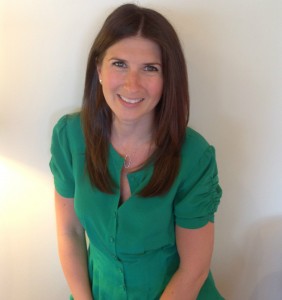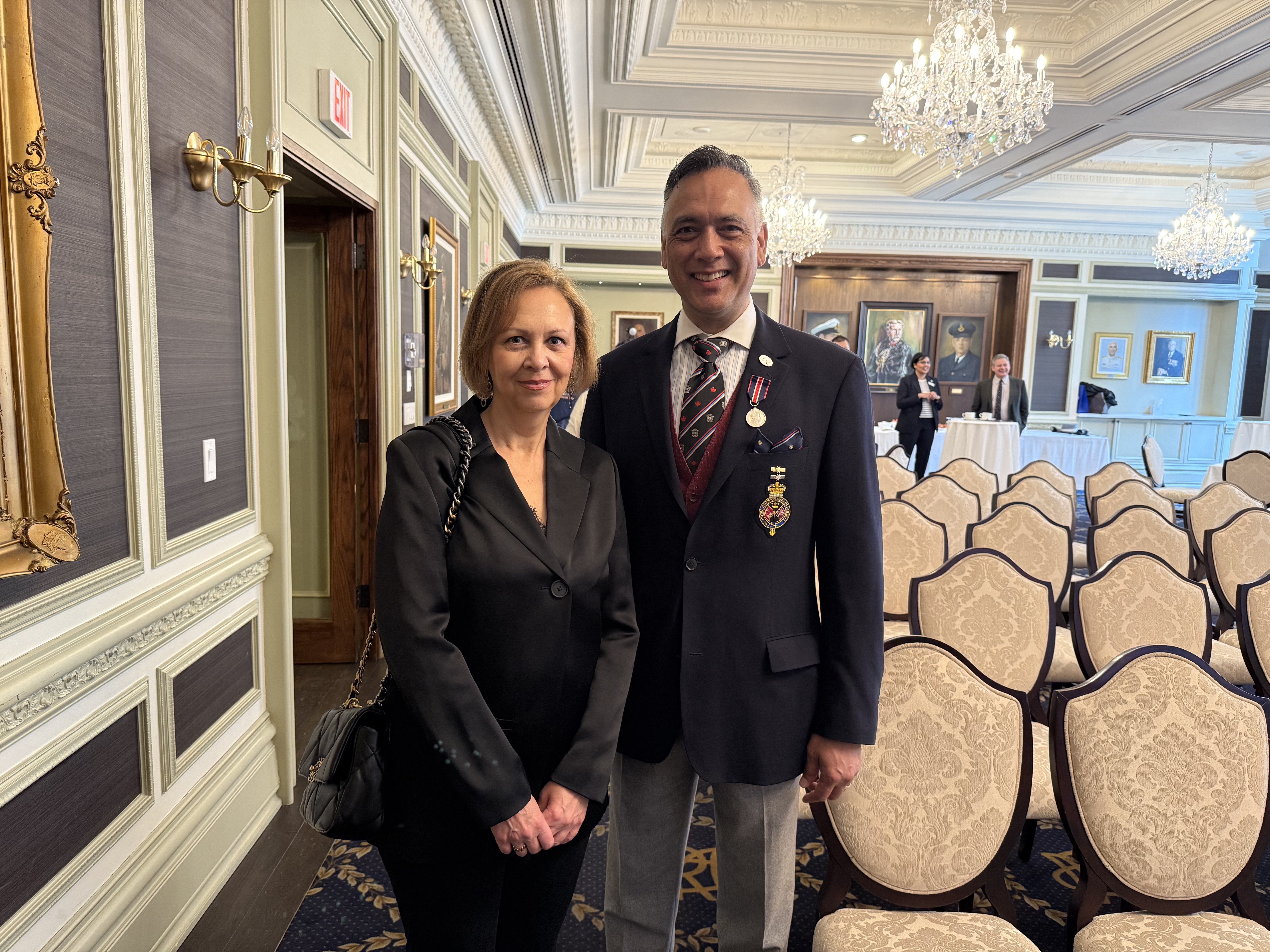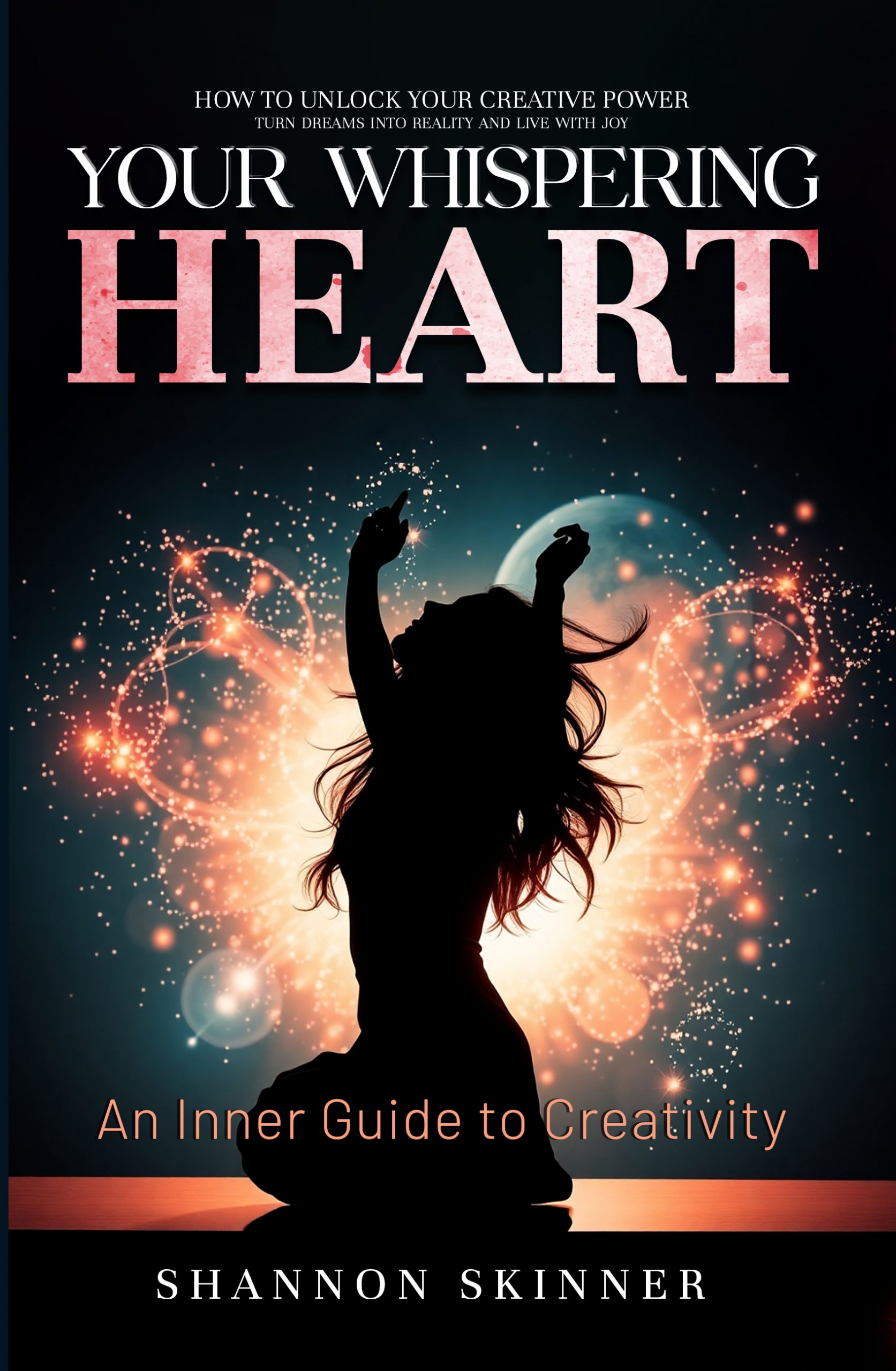So your dream fails, now what?
You have planted a seed for a dream. Maybe it is writing a book, or creating a new service or product, growing an enterprise, or planning to travel the world and getting paid for it.
It is impossible that everything we desire and dream of, and take action toward, will be a success. It is wise be driven by enthusiasm and a well thought-out plan to make it happen, and it is certainly nice to fantasize about, but reality has a habit of ensuring that not everything we start in life comes to fruition. Like it or not, accept it or not, it is simply the way it is.
You have likely heard it before: failure is nothing more than a lesson. When a plan of action goes awry, or no-one buys your product, or your financial house tumbles, there is something to learn from it. Often that lesson is learning to love ourselves more. Failure forces us to go into the heart and get reacquainted with its desires; to listen to its wishes, its truth. We get humbled and therefore possibly become a little kinder to others, as well as ourselves; and through the process we find our inner strength and resolve to pick up the pieces and forge ahead. Once we get a little stronger, we pull ourselves from the lower vibrations of survival mode and return to the higher vibrations of inspiration and enthusiasm. When we do, we begin to love ourselves a little more than ever before. And so, if we are learning to love ourselves more, how can we possibly go wrong by having failed a dream?
There is much stigma attached to failure in society. The question is: why? At its basic core it is fear; the fear of failure and making a mistake. Failure also means exposing our weaknesses. Generally speaking, failure may be viewed differently between men and women. For most men, who primarily place their values in career and financial areas of life, a business failure would likely be felt more deeply than if they failed at a romantic relationship. For women, who generally, but not always, place their values in beauty, family and social areas of life, a failed relationship may have more pain than if she failed in a business venture. These typically are the areas where men and women place their self-worth. So when those areas are impacted by a failure, self-worth often takes a hit.
In the bigger picture, failure serves society. Businesses learn to become more efficient. We hone in and focus on higher priority actions. Money belts get tightened. Industry gets far more innovative. Science and technology advance. Society simply evolves.
So what’s to fear?
If you have experienced a project, initiative or dream that has failed, here are some suggestions on how to handle it:
- Write down all the benefits for the failure – how has it served you? Find as many benefits as possible, until you exhaust the list.
- Write down how the failure has it served others. Find as many benefits as possible, again until you exhaust the list.
- Write down what would be the drawbacks to you if you did not fail – and the initiative succeeded.
- Pick one trusted friend and have a blatantly honest conversation about how you feel with regard to the failed initiative. Go deep inside and truly own your feelings. By sharing openly, you can release much of the negativity and get on with it.
- Find something to laugh about in the situation. Humour is often the best medicine.
If you enjoyed this article, I write about similar topics in my book The Whispering Heart: Your Inner Guide to Creativity.
© Shannon Skinner 2012. All rights reserved.
VIDEO: When butter and egg hit the road: how one woman lives her dream of traveling the world
My theme this week is one of my greatest loves: travel. I get tremendous joy from exploring our magnificent planet. Most people I know also enjoy traveling; it is seemingly universal. It is one of the best ways to get inspired and to change routine.
While routine has its comforts, it becomes ho-hum boring, eventually leading to complacency and is, inevitably, a creativity killer; a topic I cover in my book, The Whispering Heart: Your Inner Guide to Creativity. Whenever I need to shake it up, I pack a bag and go somewhere — anywhere. Travel is stimulating, often adventurous and exhilarating, and I usually meet interesting people. Travel can also be the best medicine for overcoming health issues such as depression, as author Jan Wong, who I recently interviewed, wrote about in her memoir.
Last weekend, I managed to get away to a friend’s cottage in Muskoka, a “cottage country” region north of Toronto. En route, I noticed the sign of a street called “Butter and Egg Road.” Now, this is not just any street. Coincidentally, it happens to be the name of the dream business of one of my recent guests on my show Extraordinary Women TV with Shannon Skinner.
Seeing the street sign so unexpectedly got me reflecting on my own dream: to travel the world doing what I love and getting paid to do it. In fact, my love for travel prompted me to start writing Shannon’s Travel Bag: Travel Tips for Women, an occasional article series providing tips, advice and inspiration for women travelers. Finding a way to get paid to travel is an ideal way to see the world and I truly admire those people who do it — and live their dreams.
One of those people is Ivy Ackerman, founder, Butter and Egg Road, a traveling supper club.
 After a fateful trip to Paris, Ackerman was inspired to turn her love of travel, food, art and culture into a business. So she launched Butter and Egg Road, a private member’s club that brings together an international community of like-minded people to share their love of food, travel, art and culture during weekend social events in different cities across North America. The organization’s name is inspired from — you’ve got it — the name of that road in the Muskoka region that I drove past where the Ackerman family owns a cottage.
After a fateful trip to Paris, Ackerman was inspired to turn her love of travel, food, art and culture into a business. So she launched Butter and Egg Road, a private member’s club that brings together an international community of like-minded people to share their love of food, travel, art and culture during weekend social events in different cities across North America. The organization’s name is inspired from — you’ve got it — the name of that road in the Muskoka region that I drove past where the Ackerman family owns a cottage.
One of the goals of Butter and Egg Road is to introduce travelers to the art and culture, and the locals, of the particular city that is being featured. While Butter and Egg Road got its start in Toronto, Ackerman has been busy expanding the program in other cities, including Montreal, New York, Chicago and Miami; and soon San Francisco, LA and London.
Shortly after the interview, I got to experience first-hand a Butter and Egg Road event: a wine tasting conducted by a notable sommelier held in a quaint local art gallery in Toronto’s Leslieville neighborhood (I might add, the hottest evening of the summer). It was an intimate gathering of people from a variety of backgrounds (only a maximum of 12 is allowed at each event).
While sipping some superb wine, I met Toronto-based dating and relationship expert, Jen Kirsch, who I subsequently interviewed on the show. Kirsch, also a first-time attendee, was quick to point out that the Butter and Egg Road event was perfect for single women and men, whether they are locals or travelers visiting our city, who are looking to meet a potential partner.
Later that evening, there was a sit-down dinner, which was held at a local restaurant also in the same neighborhood. Unfortunately, I was not able to attend the dinner because it was sold out (too bad for me, but a good sign for Butter and Egg Road). Though I later learned it was a fun evening.
Through the world of Ivy Ackerman, a young woman who courageously follows her heart, I had the opportunity to see a different way to live the dream of traveling the world and getting paid to do it.
If you have a dream of traveling the world doing what you love, I invite you to check out my interview with Ivy Ackerman. In this in-depth conversation, Ackerman shares how she has blended her love of food, travel, art and culture, into a way of living her dream. She also discusses the heart and spirit of Butter and Egg Road, its significance, and where she envisions going with it in the future. I hope this interview inspires you to live your dream and see more of this magnificent planet. If you are single, maybe one of Butter and Egg Road’s events will lead you to your soul mate. You never know.
This article is cross-posted at www.HuffingtonPost.ca.
The Price of Success
A few years ago, I wrote a book about listening to the whisper of one’s heart. If there is one thing in my life that has driven me more than anything else, it is my commitment to listen to what my heart says and, when needed, finding the courage to act on those whisperings.
I would be kidding myself if I thought, even for a moment, that I have mastered listening to my heart. But, I stay true to my inner guidance. Sometimes when I get caught up in fear and stress — like today — I need to refer back to my own book to remind myself of the knowledge and tools that I have acquired.
Today, I was reminded that success has a price. I wrote about this in The Whispering Heart: Your Inner Guide to Creativity. Here is an excerpt:
The Price of Success
Every goal we set out to achieve has a price tag attached. There is a price to pay for everything in life. Success has its price. Having a family has its price. A life of riches and glamour has its price. Living from paycheque to paycheque has its price. Self-employment has its price, but so does working for a corporation. Whatever lifestyle we choose to embrace has its price. Forget the free lunch. Nothing in life is free. There is a price to pay for everything, even if it is a hidden cost.
Your dream has its price.
When we look at the big picture, we must determine if we are willing to pay the price to follow our desires. For instance, perhaps you want to start a second career – your dream career – but it may mean taking a salary cut to enable you to dedicate the necessary time. How much is it worth to you? If it means having less money in the short-term it may be worth it. However, if it means financial hardships for years to come forcing you to change your lifestyle, which may have a negative impact on your family, you have a bigger price to pay. Is it still worth it? In the greater scheme of things, if the answer is yes — great! You are living on purpose – zipping down the path you are meant to. If the answer is no, it may be time to revisit what gives meaning to your life.
Energy flows where attention goes. If you put all your time and energy into a relationship, you will not have enough time or energy for your creative projects. If you spend all your waking hours working on a creative project, your relationship will suffer because you are not able to put enough energy into it. However, if you share your passion with your mate, you may inspire them to do something in line with their heart. Or by being caught up in your creative project, it will allow your mate to have more time to spend with other family members or friends.
Your creativity has its price.
If you are in a high state of creative flow and work night and day on creating your masterpiece, your social life will pay the price. Maybe to you it is a small price to pay for creating something from your heart. There will always be social life to experience, but if you have that urge to put your energy into your creation, or making your dream come true, you may decide that putting your social life on hold may be worth it (at least for the short term). This is a decision you may be faced with.
If you are working madly day and night on your creation, your physical health may pay the price. At some point, you will be faced with making difficult choices. If you are afraid to make decisions that will enable you to follow your creative desires, that decision alone has its price. For instance, by not listening to your whispering heart, you may become depressed and experience health problems, or relationship problems.
What price are you willing to pay to follow your creative dream, and live with joy and fulfillment? What price are you willing to pay if you do not follow your dream?
Reframing “Success”
From the beginning of time, people around the world have given up something to follow their dreams. These people have achieved success, regardless of whether it made them financially rich or not. They are successful because at the very least they overcame self-doubt. Ultimately, they lived their lives and followed a dream, no matter the outcome. They paid the price for success and, I hazard to guess, if you had the opportunity to ask them they would likely say it was worthwhile.
Fame has its price tag, too. Movie star Marlon Brando was known to have remarked, “Fame is a curse.” I think any celebrity, whether a Hollywood actor, musician, business tycoon, writer and the like, pays the biggest price of all for their creative dreams. To be in the public eye constantly must be extremely taxing, especially in those moments of public humiliation, regardless of whether it is a relationship break-up, drug problem or being slammed by the critics for a poor performance. While glamorous to many people on the outside, being in the limelight must be grueling. Consider superstars Michael Jackson, Nicole Kidman, Tom Cruise, Martha Stewart, and the former “king of rock and roll,” Elvis Presley. Think of the unrelenting international media attention their lives have generated. I can only imagine how difficult it is for families and friends of superstars, and how it must impact their own physical and emotional health.
If you dream of being famous, or are infatuated with the notion, consider the price you will have to pay once you reach that destination. Fame will inevitably have a big price tag attached. For some people fame makes them want to shrivel up and become small. Others thrive off it. What’s more, you cannot tell one from the other based on their public personas. It is only in the intimacy of their private lives that this may be obvious (unless, of course, they go public about their feelings). Think of the superstars who took their own lives, such as Marilyn Monroe and Nirvana’s Kurt Cobain. To the external world, these people had it all – fame, success, glamour — but really they were feeling quite opposite in their hearts. To see them in public one would not have known they did not feel successful as a person.
The search for fame for fame’s sake may be a way of numbing poor self-worth and is not a balanced state to be in. Many people seek fame to make them be whole and important. If people are not feeling balanced before being famous, fame will inevitably spin them off their centres even more. Wanting to express creative genius is a worthy cause that may lead to fame as a by-product — this is a healthy state for us. Otherwise, people who want fame to make them feel better about themselves often crash when they discover that fame, alas, does not bring happiness.
And so, if you dream of fame, ask yourself if you are willing to pay the enormous price attached to it. But first ask yourself why you want to be famous to begin with.
In terms of being successful in life, what is important is to define success not by society’s values or by comparison to other people, or whether you achieve fame, but to define success according to your own values.
Success truly is a matter of the perspective you choose to take. If you decide you are going to fail, guess what…you fail. If you decide you are going to achieve, guess what…you achieve.
The key is to make decisions not out of self-doubt, fear, guilt, resentment, anger, jealousy or desperation, but make decisions out of love for yourself and what inspires your whispering heart. When you take this perspective, you experience a life of joy and meaning. This is true success.
With regard to your dreams, chances are the satisfaction and joy you glean from the creative process alone is juicy enough of a reward. The bottom line is this: you cannot lose! Regardless of whether a creative project gets finished or an idea goes to market or a manuscript gets published, you have much to gain by just enjoying the creative process. Throughout the process, you learn about yourself and feel joy while exploring your creativity and living the life you choose.
This is when you are successful.
We make a living by what we get.
We make a life by what we give.
— Winston Churchill
Give This a Whirl:
What is your definition of success? Write a paragraph or two about what success means to you.
Excerpt from The Whispering Heart: Your Inner Guide to Creativity, by Shannon Skinner.
copyright © Shannon Skinner 2012
Keep your dreams under your hat
When we have a big vision for ourselves, and are taking steps toward fulfilling that dream, it can be time of major transition and growth. When we are in this stage of growth, we need to muster all that we have to make our creative dreams come to fruition.
Including our self-confidence.
I have been writing about creativity and manifesting creative dreams for a few years now. Sometimes, I wish I would take my own advice.
If there is one thing I am certain about, it is this: when we get excited about our dreams, we like to share with our friends. Women, in particular, are experts at this. We share our dreams, frustrations, fears and secrets with our closest friends — and beyond. Sometimes it is on purpose: to drum-up support. And sometimes, we simply let it slip. But, often it is not wise to share our vision or dreams with others — until we are truly ready to do so.
Here’s why:
If you have a big vision, most likely only you can see it. You could have support of a coach and other advisors who might have a good understanding and align themselves with you and your vision, but only you truly can envision it. If it’s super big, it will be out of the vision — and comfort zone — of most people: including those in your circle.
When we are in transition or a state of extreme growth, we can feel wobbly inside with a deep sense of insecurity. Self-doubt rears its ugly head, saying things like: “Who are you to think you can do this?” Or, “I’ll never do this.” Or, “What if I fail?” Or, “What if I end up living underneath a bridge in a cardboard box?”
Transition is a highly-sensitive time. It could mean everything in your life is changing, from lifestyle to business – or both at the same time. You might be uprooting – or need to. Or you might need to leave a paid job to get a dream kick-started, which could be stressful and scary. You could be developing new skills and feel a lack of confidence as you do. You might be worried about how your changes will impact your loved ones, and possibly losing friends and family in the process.
The last thing you need at this important stage is to hear negative comments from friends, loved ones, or even advisors, that will pull you down, take you off your centre or discourage you in any way — or make you feel bad about yourself.
Our loved ones can provide well-meaning advice or suggestions, and feel it in their hearts, but be cautious: whatever they are saying or surmizing, they are doing it from their tainted rose coloured glasses – from their value system. Their values will not be identical to yours. Their comments can be extremely damaging for the delicate creative voice inside that already is fragile and fearful with its big vision.
For example, I recently spent time with a dear friend. I’ll call her Barbara. I adore Barbara to pieces, although our lives are vastly different. Barbara is not a career woman: I am. Barbara is a family-oriented woman: I’m not. Over the course of some quality time together, I shared my vision with a generous outpouring of excitement, trepidation and fear for what I am embarking on as I carve my path in this world.
When we did a re-cap of our time together, I was taken aback with her feedback. What I realized is, in talking about all the ideas and things I am doing that are moving me toward my bigger vision for myself — what my friend heard was something different. She didn’t get it. Her comments were a bit raw for a tender, creative soul trying to spread her wings. If I had not done a lot of self-development work up to this point, I might have been hurt or, worse, impacted.
Instead, I felt misunderstood.
I found myself trying to explain further and clarify bits and pieces to help my friend see my vision because I really wanted her to “get it,” but I stopped. I realized no matter what I said, no matter how detailed I got, my friend would never see my vision.
And that’s okay. She does not need to.
From this experience, I learned a lesson: Keep it under your hat. Put another way, keep close your dreams until you are ready to unleash them to the world. When you are ready, your actions will tell others what you are doing.
If you are interested in reading my past articles on creativity and making creative dreams come true, check out my previous blog, Create with Joy.
What lessons have you learned about sharing your dreams prematurely? I would love to hear from you, so please do comment.
Shannon Skinner is the author of The Whispering Heart: Your Inner Guide to Creativity.
© Shannon Skinner 2012





